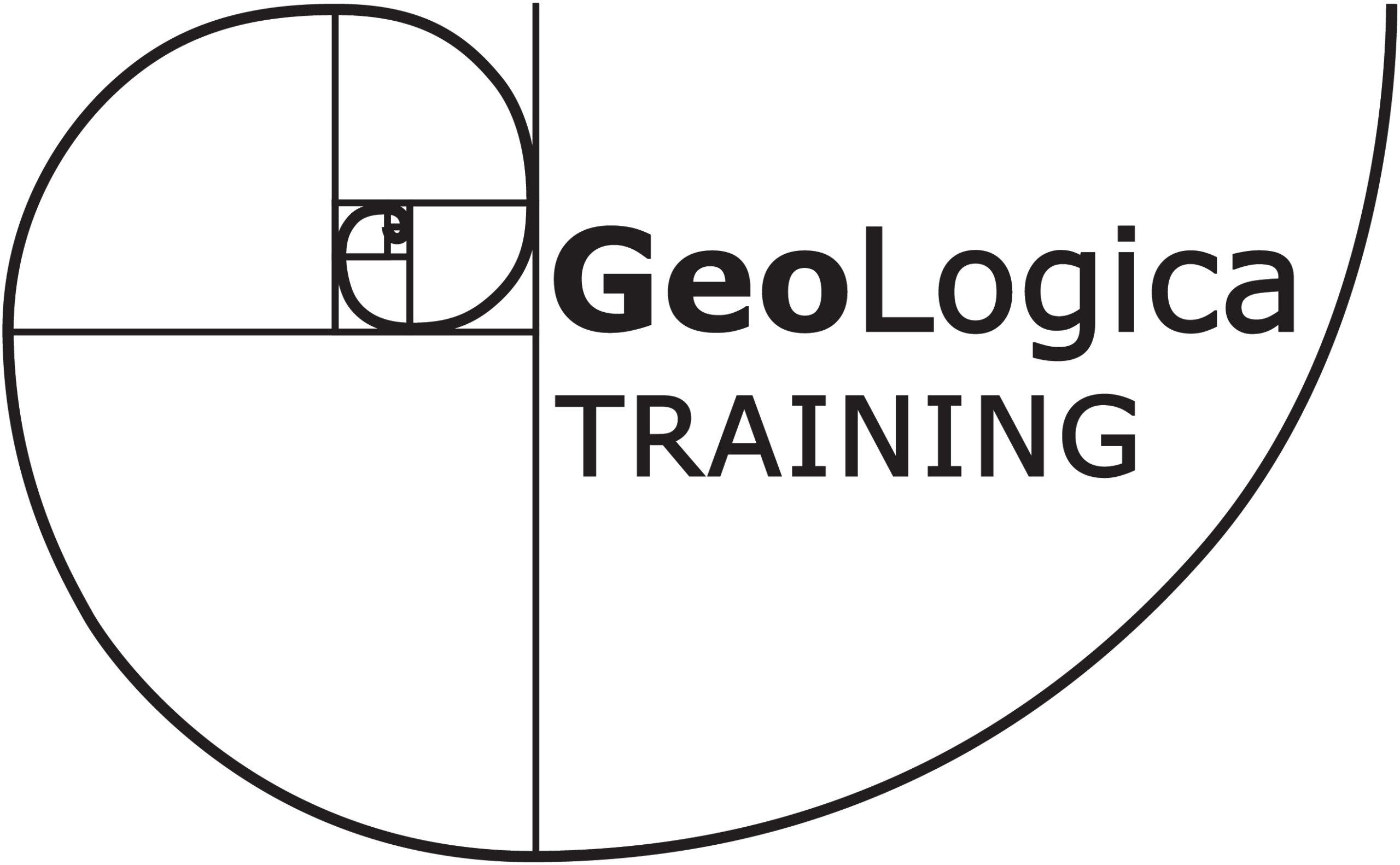Tutor(s)
Mark Ireland: Lecturer in Energy Geoscience, Newcastle University.
Overview
The aim of this course is to provide an overview of what geothermal energy is and how it can be used in our modern world.
Duration and Logistics
Classroom version: A half-day course comprising a mix of lectures, case studies and exercises. The manual will be provided in digital format and participants will be required to bring a laptop or tablet computer to follow the lectures and exercises.
Virtual version: One 3-hour interactive online session. A digital manual and exercise materials will be distributed to participants before the course.
Level and Audience
Awareness. The course is aimed at non-technical staff and those who do not have a scientific background but want a basic introduction to the topic. The subject matter will be covered from very basic principles and will be of interest to staff from a range of departments, including legal, graphics, administration and technical support.
Objectives
You will learn to:
- Understand what geothermal energy is.
- Outline the applications and use of geothermal energy.
- Describe the key characteristics of geothermal resources.
- Discuss geothermal project risks and uncertainties.
Course Content
Geothermal energy is thermal energy stored in rocks and fluids within the Earth’s crust that can be utilized at the surface as a source of energy for heating and generating electricity. This short course covers the key aspects of geothermal energy and will give participants a fundamental understanding of its role in the energy transition. Topics to be covered include:
- The role of geothermal projects in decarbonization
- The need to decarbonize heating and cooling
- The basic scientific principles of geothermal resources
- What geothermal energy can be used for
- How a geothermal project works and what technology is involved
- Uncertainties and challenges in developing geothermal energy
